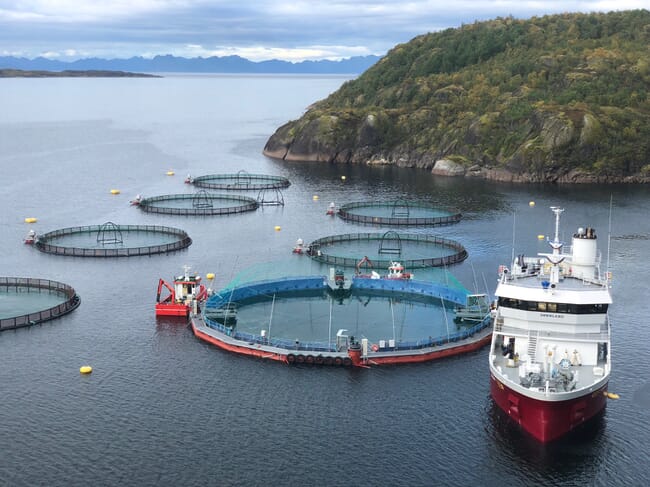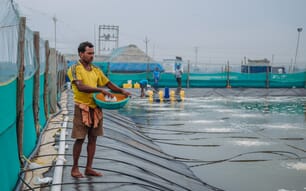
SeaBOS member companies have operations in 65 countries through 465 subsidiaries and represent around 19 percent of the world’s seafood production and 27 percent of its aquafeed output. According to SeaBOS, “the report demonstrates the science anchoring of the collective efforts of the SeaBOS member companies and showcases concrete cases of individual and joint action”.
It includes insights into how the member companies have taken action to deal with the following SeaBOS goals and commitments:
- IUU fishing and modern slavery: Risk assessments were conducted to identify and mitigate risks associated with forced labor and IUU fishing across member companies’ operations and supply chains.
- Biodiversity and ecosystems: Initiatives were launched to evaluate and manage biodiversity risks and impacts, including advancing the protection of endangered species.
- Anti-microbial resistance: Implementation of a roadmap to reduce antibiotic use in seafood operations and enhance transparency in measurement and reporting.
- Climate resilience: Ambitious emissions reduction targets have been set by all companies with public reporting on emissions.
- Ocean plastic reduction: A global ocean cleanup campaign has led to the recovery of 25 tonnes of oceanic plastic, complemented by measures to reduce plastic usage and assess packaging footprints in operation.
Acknowledging that much work still remains, the SeaBOS CEOs reaffirm their commitment to ocean stewardship with a clear goal to continue delivering on their ambitions, to work together and with partners to accelerate progress and impact for a sustainable seafood industry.
Martin Exel, managing director of SeaBOS, commented in a press release: “This report is a testament to our collective efforts and the strides we’ve made. While we celebrate our achievements, we are fully aware of the remaining challenges ahead and are resolute in our mission to create a sustainable future for our oceans.”




